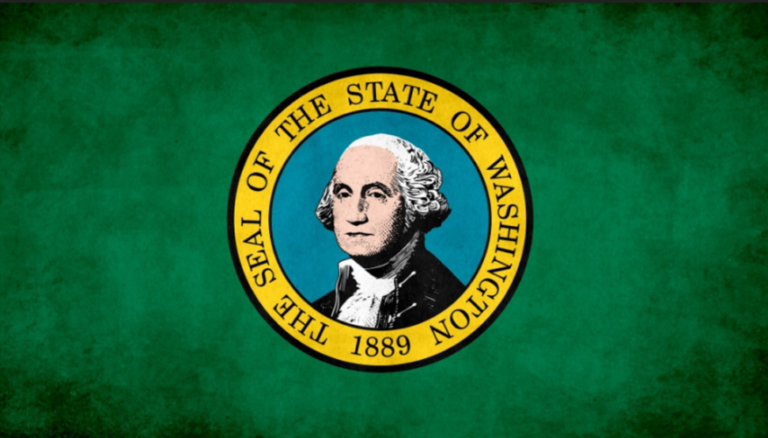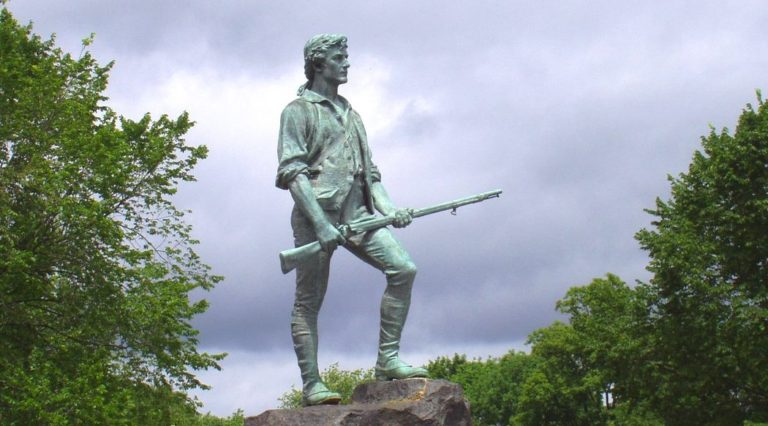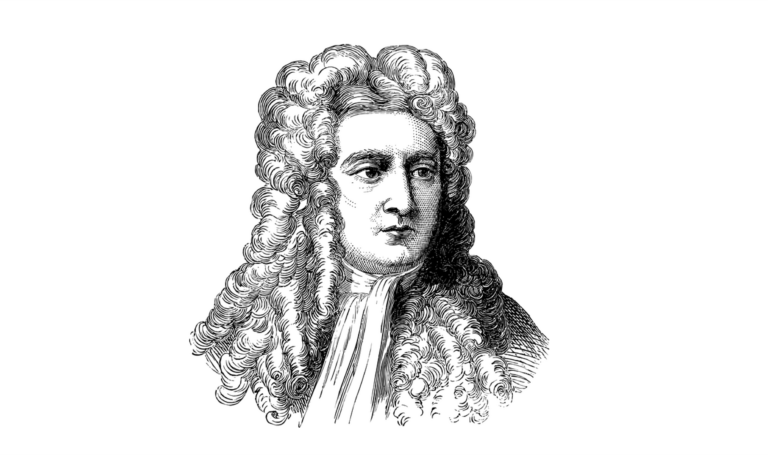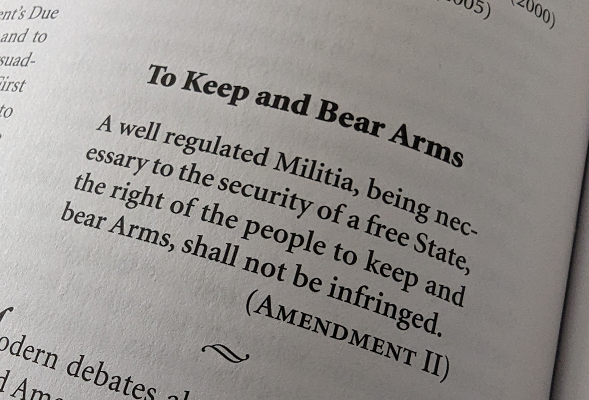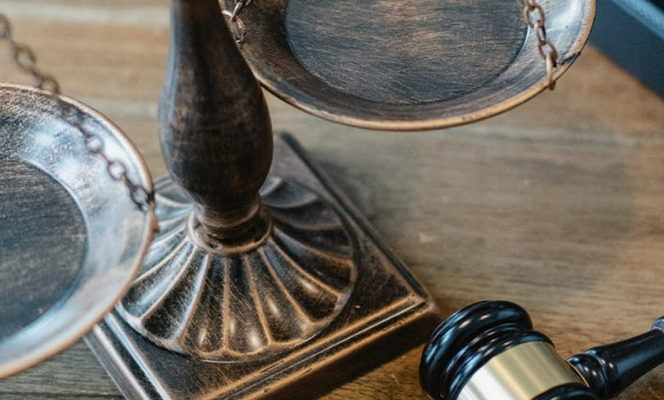Constitutions don’t enforce themselves. That’s why James Madison called them “parchment barriers.” While there are plenty of examples of this at the federal level, it’s worth looking at a situation at the state level that perhaps demonstrates this even more so.
TJ Martinell
The Militia vs. The Standing Army: Does the Distinction Matter?
Within the debate over the meaning of the Second Amendment, a lot of attention gets paid to the phrase “well-regulated militia.” Most of the time, the focus is on whether or not this phrase infers a collective right, or explains the need for the individual right to keep and bear arms.
The Ideas That Formed the Constitution: Sir Isaac Newton
Sir Isaac Newton wasn’t a political thinker like Marcus Cicero or John Locke. He was a scientist. Indeed, he exemplified the Scientific Revolution—an event that changed not only how people thought about the physical universe, but also how they thought about politics and government.
Refuting the Claim that the Second Amendment was Intended to Protect Slavery
In efforts to undermine the Second Amendment, gun control advocates advance a variety of arguments claiming it does not confer an individual right to keep and bear arms and that it was ratified for reasons that make it morally illegitimate today.
Federal Farmer: Will the Judiciary Preserve or Destroy Liberty?
While many anti-federalists, including Patrick Henry, regarded the judicial branch of the federal government under the proposed U.S. Constitution with deep suspicion, the Federal Farmer took a more moderate, albeit guarded stance.
